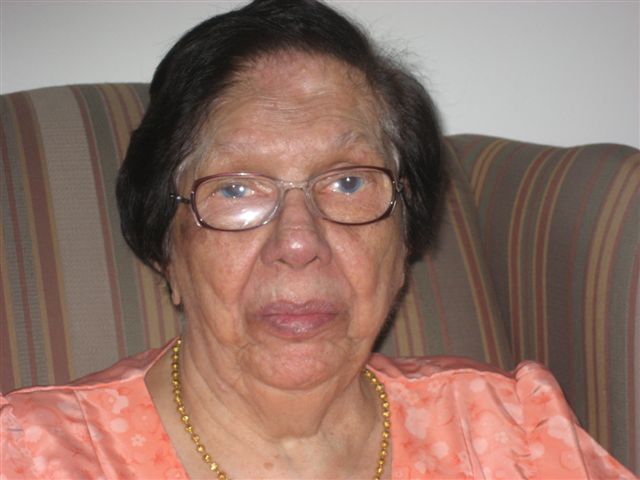
Wife, mother, grandmother, great-grandmother, great-great-grandmother, matriarch. Born Dec. 1, 1920, in Jamjodhpur, Gujarat, India. Died April 19 in Calgary of metastatic gynecologic cancer, aged 87.
At the tender age of 15, Sikina married a handsome man named Hussein, who was 21. He had worked in Tanzania for eight years and had returned to India to look for a bride. He and Sikina married and lived in Tanzania for more than 35 years. They had eight children.
Sikina faced many challenges in her life. One of them was a motor vehicle collision in 1965. She was a passenger in a cab that was taking her to Masaka, Uganda, when the cab was hit head-on by a drunk driver. Sikina sustained multiple life-threatening injuries with many broken bones. She spent four months in a hospital in Kampala, Uganda. But she fought back and survived.
With Idi Amin’s brutal regime in Uganda terrorizing Asians, Hussein and Sikina decided to leave Tanzania. They moved to England and then to Canada, arriving in Calgary in 1975.
Five years later, Sikina was found to have a brain tumour close to a large blood vessel. Two neurosurgeons in Calgary felt surgery would be too risky. Hussein insisted on a third opinion. The third neurosurgeon, after considerable deliberations, elected to do the surgery. We were warned of the likely complications and the possibility of death. But Sikina was ready for it; she could not live the way she felt.
Sikina survived the six-hour surgery and had a full recovery. After many years of good health, in April, 2000, she momentarily lost speech and function on the right side of her body. A large tumour had recurred at the site of the previous excision.
Within a week, Sikina was back in the operating room undergoing another six hours of brain surgery. This time the recovery was slow. She was in the hospital for five weeks. But she did not give up. She was home again looking better and walking with a walker.
This time Hussein wasn’t there – he had passed away in 1991. But all her children and their families were around.
Sikina also had numerous friends. She was known to be always smiling and never complaining. Out of all things, her courage stands out. She had experienced three life-threatening events, moved through four continents and courageously faced many of life’s ups and downs and survived. She had a Grade 4 level education and spoke very little English, yet she managed to live alone for 17 years in a one-bedroom condo. She was one tough lady.
Sikina believed in God and miracles. She was the matriarch of the family, survived by five children, 18 grandchildren, 10 great-grandchildren and one great-great-grandchild. She is missed by all who knew her. Long live Sikina and her legacy of love, courage and optimism.
Noorali Bharwani is Sikina’s son.
Start reading the preview of my book A Doctor's Journey for free on Amazon. Available on Kindle for $2.99!